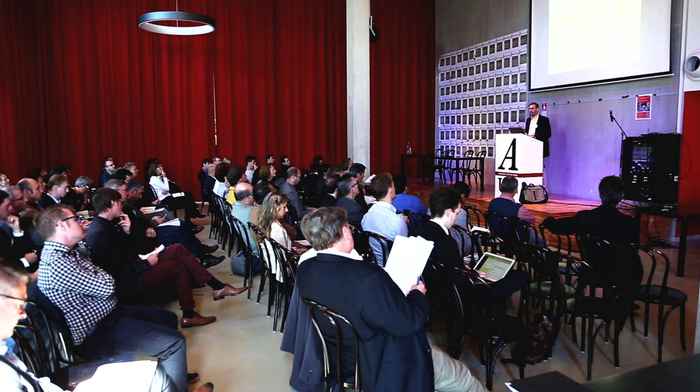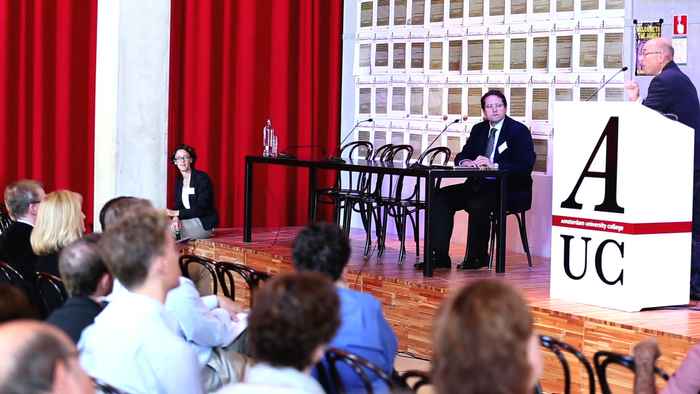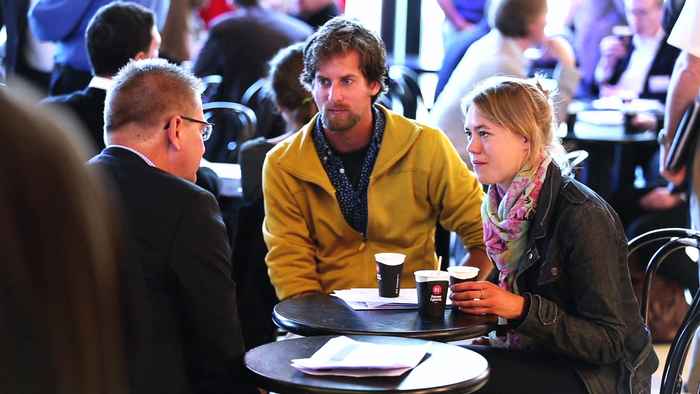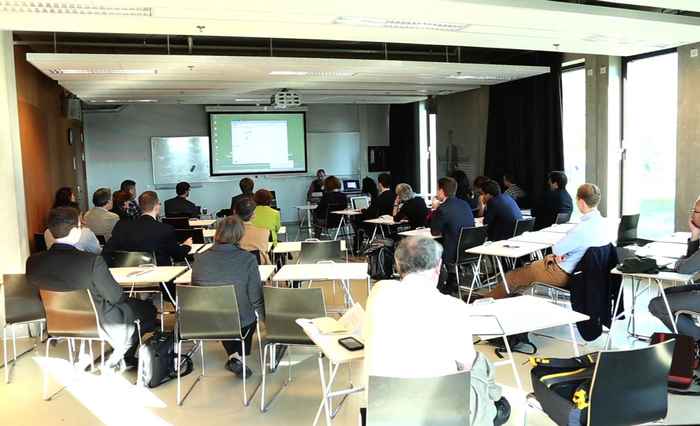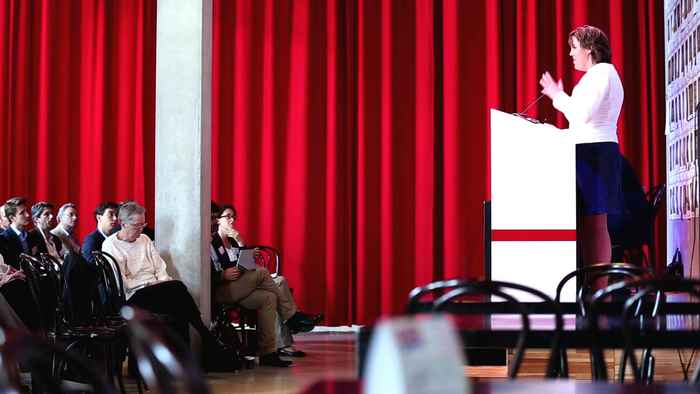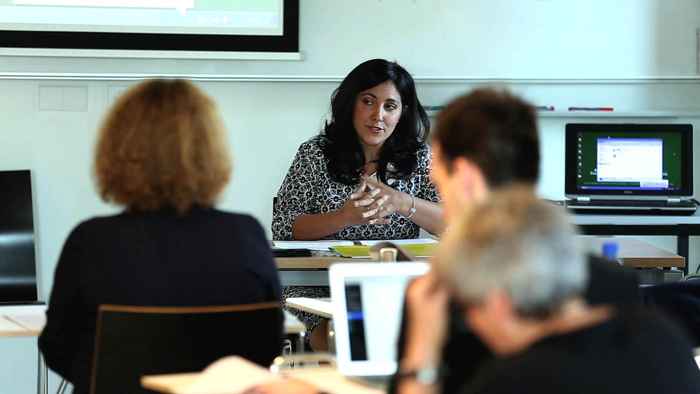First Liberal Arts and Sciences and Core Texts Conference a great success
21 September 2015
Discussing core texts in Liberal Arts and Sciences
Core texts, defined as any text that has stood or is likely to stand the test of time, from Plato to Derrida, from Homer to Dostoyevsky, from Augustine to Rousseau, have the ability to transform the student by raising perennial questions about the human condition. They form a crucial part of higher education that seeks to go beyond disciplinary or specialist education.
Highlights of conference proceedings
Christopher Nelson, President of St. John's College Annapolis, explored the need for integrating core texts into the undergraduate curriculum as engines of transdisciplinary and innovative thinking. Roosevelt Montás, director of the core curriculum at Columbia University, argued that core texts offer a powerful way to help train students to develop independent minds in the face of rapid technological advances. Tom Stapleford from the University of Notre Dame addressed the opportunities for research that develop when core texts are used in liberal arts and sciences environments due to the interdisciplinary connections that are made naturally. Alkeline van Lenning from Tilburg University College spoke about core texts as high-quality building blocks of courses and emphasised that great books are important for developing a sense of one's self in an increasingly complex world. Samuel Abraham, Dean of Bratislava International School of Liberal Arts, stressed the importance of close reading of core texts so as to allow the student to expand his or her intellectual horizon in conversation with the texts.
Besides the keynote speeches, the conference hosted a number of panels on topics as diverse as Core Texts and Pedagogy, Bildung and Core Texts, Core Curriculum Programs in Europe and Russia, Core Texts and World Religions, Works of Art as Core Texts, Core Texts in the Sciences and Freedom in the Liberal Arts. The conference was made possible with generous support from Amsterdam University College, the Association for Core Texts and Courses, the University of Navarra, the University of Winchester and Leuphana University.
Published proceedings available October 2016
An edited volume based on the conference is expected to be available in October 2016. The next conference on Core Texts in Europe is scheduled to take place at the University of Winchester in 2017. Further information about the conference and follow-up activities can be requested by emailing Dr. Emma Cohen de Lara or Hanke Drop.
Testimonial
"I found the programme of the conference exceedingly well designed, and all the arrangements very well executed. I was thrilled to see that every session, both early, on the first day, and the very last one on Saturday evening, were well attended, and that constructive and energetic dialogue was happening at all of them. The committee that constructed the various sessions did such a superb job of bringing together the different points of view that I often found myself in a state of admiration and wonder at the surprising and unexpected overtones set off by the other papers also presented on the very same panel. As I flew back home, I found myself full of ideas and new insights, and am already anticipating a similar cross-pollination effect at the next conference.
Well done, to you, and to all of your colleagues, student assistants, and supporting administrators! This was an outstanding conference, on an important topic, and brought together academics, scholars and researchers from all over the world. Kudos!"
- John G. Moore, Ph.D.
Professor of Philosophy, Lander University
